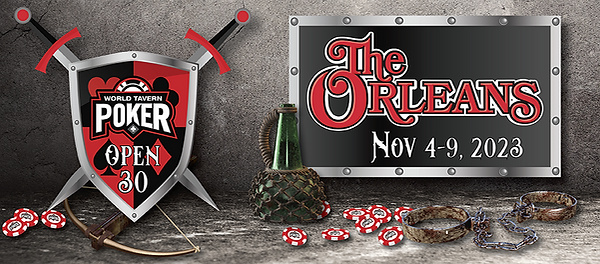The Benefits of Playing Poker

Poker is a card game that requires a lot of calculation, logic and thinking skills. The game is not only a good way to improve your mental arithmetic and decision-making abilities, but also encourages patience and perseverance. This is a valuable skill to have in any area of your life.
Poker involves forming the best possible hand based on card rankings in order to win the pot at the end of each betting round. The pot is the sum of all bets made by players in that particular hand. Unlike other games like craps, where the money is automatically placed into the pot, in poker players are forced to place some of their own chips into the pot after each turn. This is done by raising a bet or simply calling the bet of an opponent. The rest of the money is then added to the pot by other players.
A player can win the pot by having the highest-ranking hand at the end of a betting round, or by bluffing and making other players call their bets. While some of the initial bets are forced by the rules, a player can only increase the amount of the bet by calling or raising. It is important to make your decisions carefully and take your time, especially at the beginning of your career as a poker player.
Playing poker can be a great way to get your mind off everyday worries and focus on something that is more exciting and challenging. It can also help you develop a better understanding of probability, which can help you make more informed betting decisions. Furthermore, poker can teach you how to read other players and understand their behavior. However, many players fail to realize that a large percentage of their poker “reads” come from patterns rather than from subtle physical tells.
Another benefit of playing poker is that it can improve your hand-eye coordination. While this isn’t a skill that will help you in your day-to-day activities, it can definitely improve your overall quality of life. Furthermore, playing poker will require you to move your hands around a lot and use them in ways that aren’t usually necessary in everyday life. This can strengthen your hands and help you with other manual tasks.
In addition to these benefits, poker can also be a fun way to spend your spare time. It can even be a good way to meet new people and socialize with friends. The key is to find a game that suits your preferences and bankroll, and commit to it. You must also learn how to choose the right limits and game variations for your bankroll, as well as participate in the most profitable games. You can also try out different strategies at the table to avoid becoming predictable, and mix up your style to prevent other players from learning your tells. This will also make your play more interesting and enjoyable.